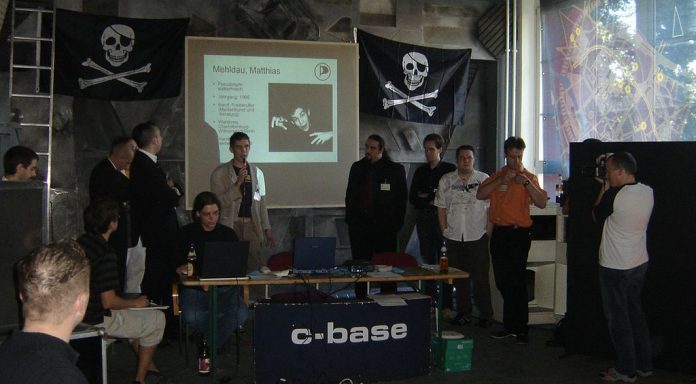The electoral system in Germany has no threshold for access to the European Parliament. This is why more lists have a chance of winning one of the 96 seats allocated to Germany.
In the 2014 European elections, seven lists that won between 0.6-1.5 % of votes secured a single seat each.
The Bavarian liberal Free Voters (Freie Wahler) received 1.46% of votes and became a member of the ALDE Group. The Pirate Party Germany (Piratenpartei Deutschland), has joined the Greens/EFA group.
The right-wing green Ecological Democratic Party (ÖDP) has joined as well the Green Group.
Die PARTEI which was founded in 2004 by the editors of a satirical magazine and it is led by Martin Sonneborn MEP and the neo-Nazi National Democratic Party of Germany (NPD) have no Group affiliation.
The 7th list to win a seat in the EP was the conservative Family Party of Germany (Familienpartei Deutschlands). But Arne Gericke MEP, left the party to join the Free Voters first and then the small conservative Christian party Alliance C (Bündnis C).
In 2014 European elections six other German parties shared the remaining 91 seats: CDU/CSU (EPP), SPD (S&Ds), the Greens, FDP (ALDE), Die Linke and AfD. The later split and the 7 seats won went to 3 different parties.
The 2019 European elections will take place on Sunday 26 May.
Thanks to the electoral system five minor parties are expected to win seats in the European Parliament.
The Free Voters, the Party, the Pirates, the NDP and the Party Human Environment Animal Protection (Tierschutzpartei).
According to latest polls the alliance between the Christian Democratic Union and the Christian Social Union enjoys support of 30% of the voters while the Greens come in the second place with 19% and the Social Democrats in the third with 16%.
Follow the far-right AfD (12%), Die Linke and the Liberals (FDP) with 7% each.

